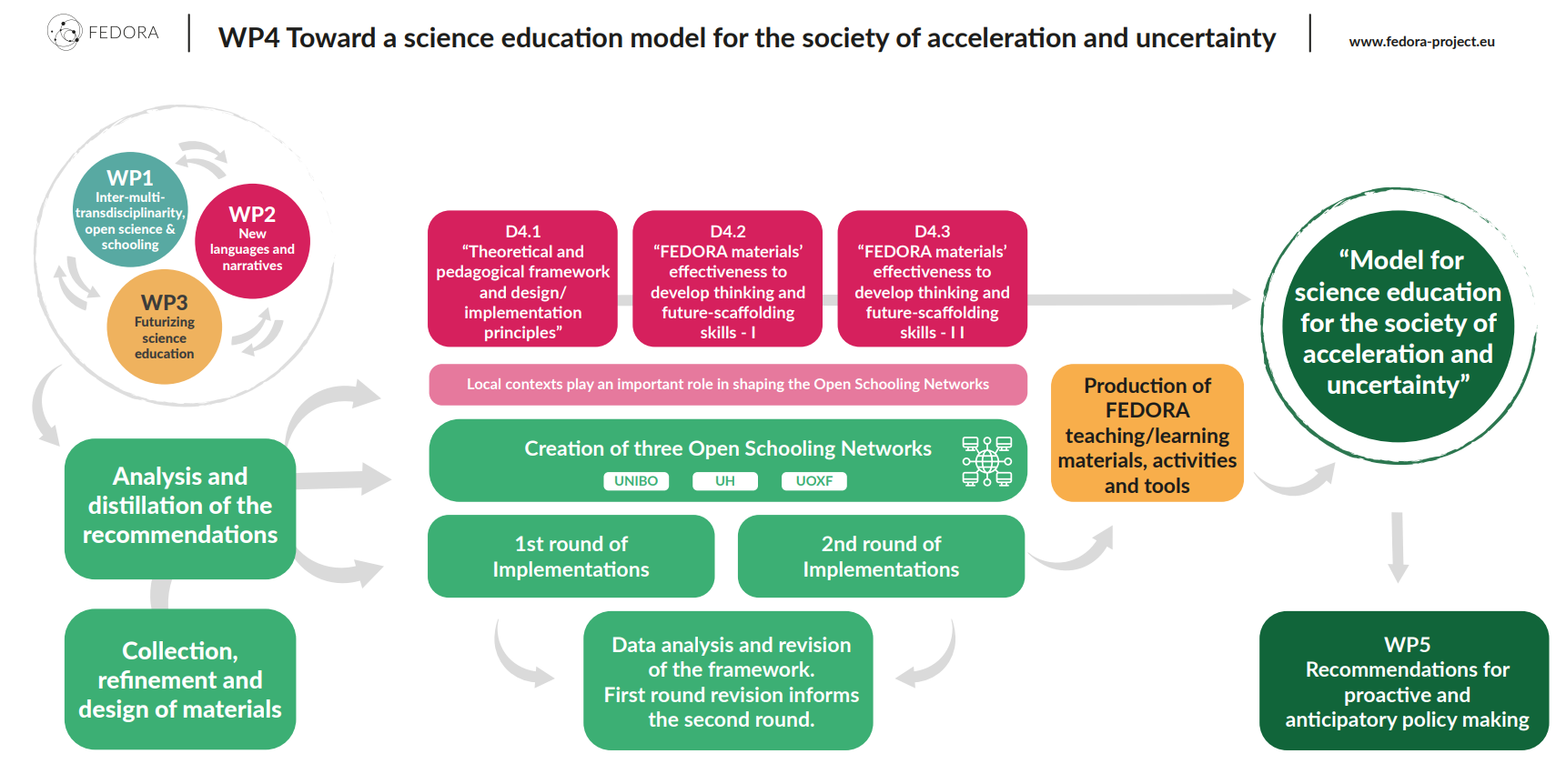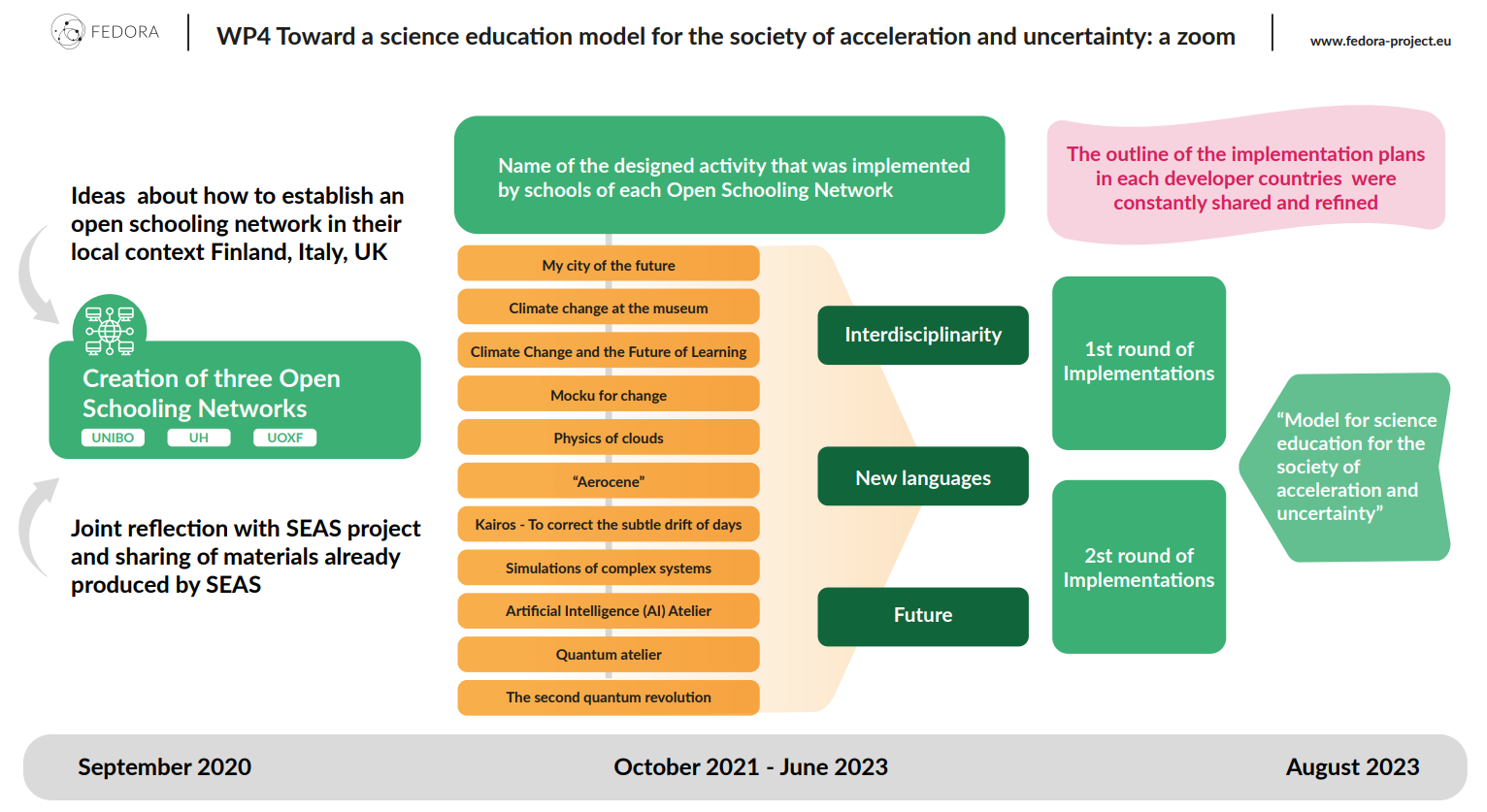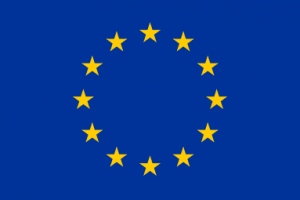The idea of open schooling represents an issue of prime importance within the EU scenery and has catalysed the attention of the Science Education community for at least the last 5 years. It was officially introduced within the EU context in 2015 by the report entitled «Science Education for A Responsible Citizenship» (2015 ) which asserts the need to create and explore ways to expand science education beyond traditional school models.
Within this EU political horizon, open schooling is related to the ri-definition of the role of the school in its mutual relationship with the society. This idea has also implications in re-shaping the way science should enter the school and how to play a crucial role in the students’ learning toward a sense making process of transformation. The concept of 'openness' refers to the idea that schools must become flexible structures, open to society and able to make a difference in the world (EU, 2015). As it is defined in the report, open schooling means “Institutions that promote partnerships with families and the local community with a view to engaging them in the teaching and learning processes but also to promote education as part of local community development” (EU, 2015).
Within FEDORA the idea of open schooling is linked to the one developed in the Horizon2020 project SEAS (https://www.seas.uio.no/), from which it borrows the heuristic model of the three spheres of transformation (O’ Brien and Sygna, 2013) as a means for understanding the changing relationship between individual, collective, and political agency.
The implementation of FEDORA recommendations in school contexts is a challenge for the governance of the schools, teachers and students. It implies opening and questioning relational and epistemic elements that have historically characterised the educational systems and the professional identity of the teachers.
Led by the University of Bologna, empirical studies have been conducted to investigate the possibilities and
the obstacles to change. Three Open Schooling networks have been created by FEDORA implementing partners: the Helsinki Open Schooling Network (HOSN), the Oxford Open Schooling Network (OON) and the Bologna Open Schooling Network (BOSN). Within each network, researchers, teachers, communicators, and other professionals worked together at the design of innovative teaching activities and materials based on FEDORA's principles and results. The objective has been to help young students in developing the skills they need to navigate our modern society by engaging them in future-oriented and society-related scientific issues. Some examples of those skills are inter-multi-transdisciplinary, linguistic/argumentative, imaginative thinking and future-scaffolding skills.
Starting the design process in 2020, two rounds of implementations took place during the second and third years of the project. Overall, 18 implementations were conducted, involving more than 300 students, 50 teachers, 40 researchers, and a variety of other stakeholders in a diverse set of learning environments, both formal, non-formal and informal, including schools, universities, teaching-learning centres, and museums. The implementations addressed issues previously highlighted in FEDORA frameworks on interdisciplinarity, new languages and futures by creating teaching modules around themes such as the simulation of complex systems, quantum revolutions, the city of the future and climate change.

In a dynamic dialogue between the FEDORA frameworks and their immersion into local experiences, the following highlights emerge from our research approach to the open-schooling design and practice:
• Inter-multi-transdisciplinarity can be the epistemological driver for institutional change;
• Inter-multi-transdisciplinary knowledge challenges the professional trait of teachers as unique experts.
It triggers new models of co-teaching;
• The discovery of disciplines’ inner meanings involves transiting and dialoguing with other disciplines;
Grappling with the uncertainty and complexity of futures’ thinking can act as an activator for “futuremaking”;
• The change in future’s perception through future-oriented science education does not go hand-inhand with the narratives of change developed by students.
Have a look to the FEDORA's handbook to have more details about those higlights.

The following buttons links to overview pages of some teaching-learning modules that has been implemented within the FEDORA Open Schooling Networks. In each page you will rchead about the main topics addressed in the module, the relationship with the issues of interdisciplinarity, new languages, and future, the expected learning outcomes. The overview of the sequence of activities will be flanked by some related downloadable materials.
The elaboration of these resources was part of a research-oriented process that has crossed all the stages of design, implementation, observation, and analysis. Indeed, each page includes a bibliography of papers and/or conference presentations linked to the specific activities at stake.
In line with the research character of FEDORA, the resources developed are not intended to be taken and implemented directly in the classroom, but rather they can be thought as models of inspiration for triggering reasoning on the themes of interdisciplinarity, new languages and the future, to be declined and applied according to the specificities of the different contexts.
